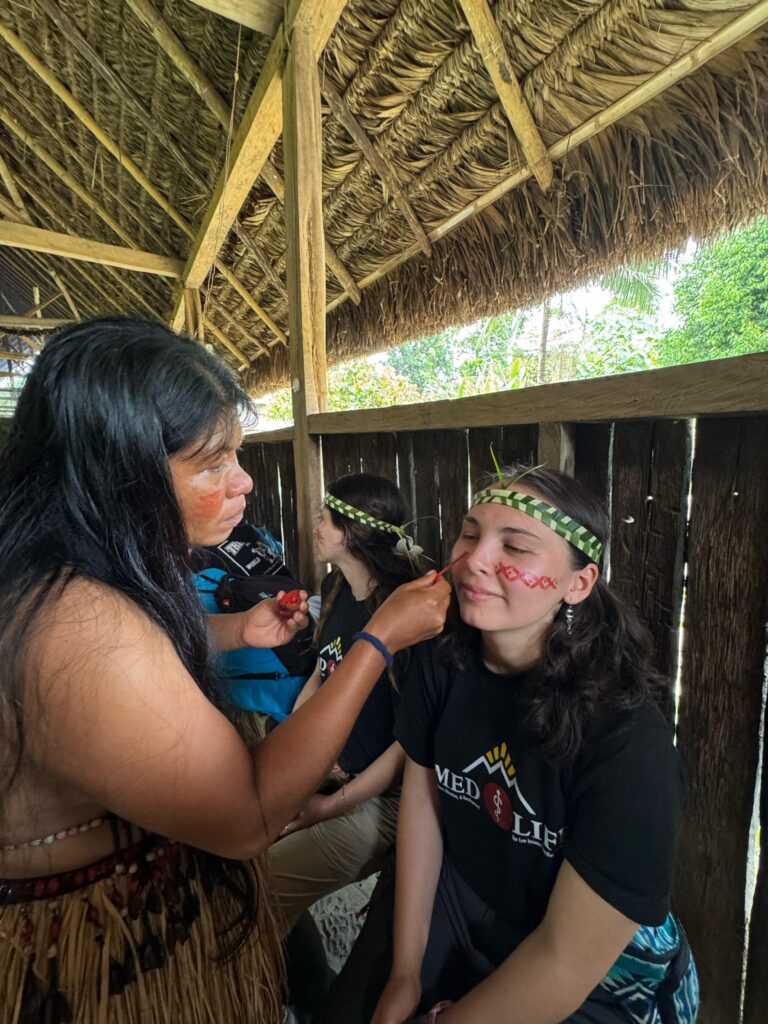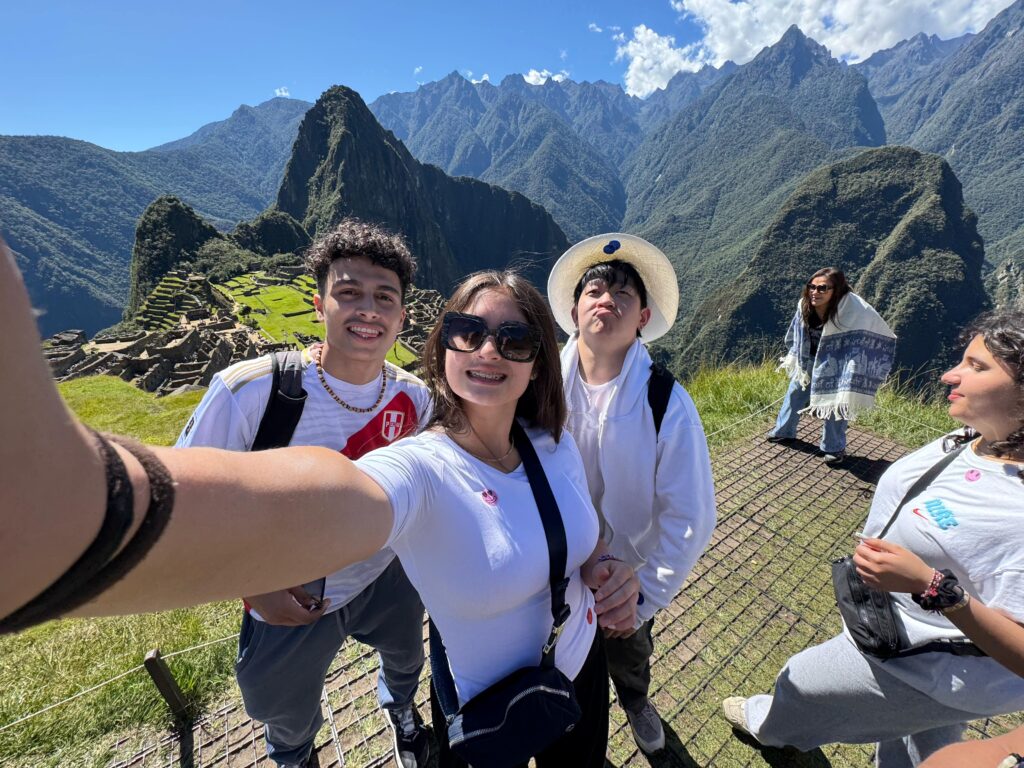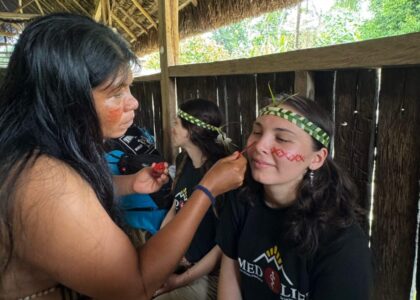Education travel is rapidly becoming a normal part of modern learning, helping students move beyond textbooks and connect knowledge with real life. When students travel with educational purpose, they gain valuable experience, strengthen core skills, and return home more confident in their academic life. Below are the top ways education travel supports student development and why it’s worth considering implementing for educators.

1. Connects Classroom Learning with Real-Life Experiences
Introducing education travel into a curriculum allows students to apply theoretical knowledge in real-world environments. Whether exploring history at key cultural sites or observing environmental systems firsthand, these experiences reinforce lessons learned in school by providing real, tangible memories. This approach helps students understand the relevance of what they study and builds deeper relationships with academic subjects.
2. Develops Communication, Teamwork, and Resilience
Travel encourages students to collaborate, solve problems, and adapt to unfamiliar circumstances. During educational travel, students get to interact with peers, educators, and local community members in a more personal way, which helps improve communication skills and strengthens emotional resilience. These soft skills are difficult to teach in a classroom but form naturally through guided experiences abroad.

3. Encourages Cultural Understanding and Global Awareness
Experiencing different cultures firsthand nurtures respect, empathy, and open-mindedness. Through structured interactions with local experts and communities, students learn how people in other regions live and overcome challenges. These lessons help young people become responsible global citizens and how to approach their future roles in leadership and community engagement.
4. Builds Confidence and Independence
Being outside their comfort zone teaches students how to make decisions, manage time, and deal with unexpected situations. Education travel encourages self-awareness and independence, both critical traits for academic and professional success. Students often return home feeling more confident and prepared for university-level challenges.

5. Supports Future Academic and Career Goals
Colleges and employers increasingly value applicants with global experience. Participating in education travel demonstrates initiative, maturity, and interest in learning beyond the classroom. These experiences provide strong material for future interviews, essays, and CVs, making students stronger candidates in competitive environments.
6. Encourages Responsibility and Ethical Decision-Making
After seeing global challenges up close and working with local leaders and professionals, students gain insight into what people outside of their world experience and how solutions can be developed responsibly. These lessons help reinforce critical thinking and encourage students to consider how their actions can support sustainable progress.
Why Choose Engaged Education?
Engaged Education’s programs are designed to place learning and safety first. Each experience is guided by expert staff and local professionals with years of experience to ensure students receive relevant knowledge while being fully supported throughout the trip. This structure emphasizes reflection and responsible engagement in foreign spaces, helping students grow personally and academically.
To learn more about Engaged Education and how you can organize a trip abroad for your students, download the Engaged Education Brochure today.
Want to help even more? For less than one coffee a month, you can make an impact in low-income communities. Your support helps Engaged Education and partner NGOs expand their reach and improve lives across Latin America and Africa.






